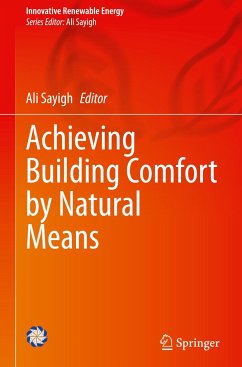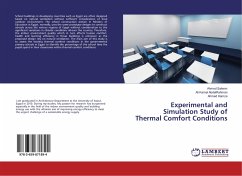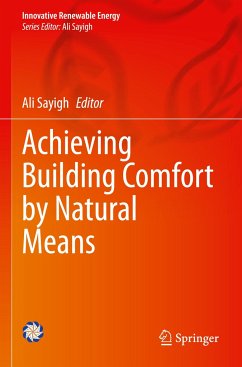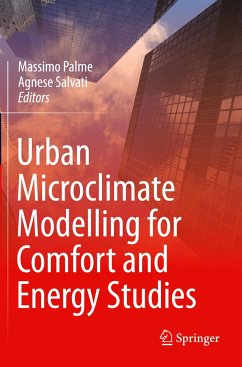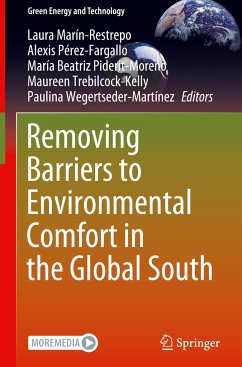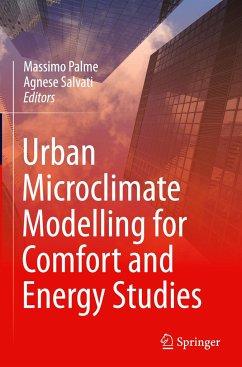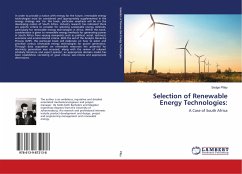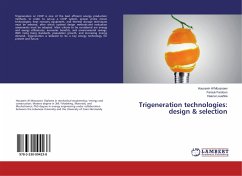
Green Building Technologies: Thermal Comfort & Energy
Versandkostenfrei!
Versandfertig in 6-10 Tagen
29,99 €
inkl. MwSt.

PAYBACK Punkte
15 °P sammeln!
The emergence of environmental concerns has become increasingly important year by year, necessitating more in-depth studies on the energy demands of buildings, primarily related to indoor climate control systems. In Algeria, the residential and tertiary sectors are among the most energy-intensive. During the summer, residential buildings face significant discomfort caused by overheating, exposure of facades to intense solar radiation, and irrational and excessive electricity consumption for air conditioning. Thermal conditions within buildings are a crucial factor for occupant comfort, as extr...
The emergence of environmental concerns has become increasingly important year by year, necessitating more in-depth studies on the energy demands of buildings, primarily related to indoor climate control systems. In Algeria, the residential and tertiary sectors are among the most energy-intensive. During the summer, residential buildings face significant discomfort caused by overheating, exposure of facades to intense solar radiation, and irrational and excessive electricity consumption for air conditioning. Thermal conditions within buildings are a crucial factor for occupant comfort, as extreme temperatures whether hot or cold can lead to considerable discomfort for individuals. This book focuses on evaluating the hygrothermal comfort of buildings influenced by vegetative screens in the arid climate of Ouargla. The findings from this study confirm the passive cooling potential of green roofs and emphasize the importance of protecting roof surfaces from intense solar radiation during the summer in arid climates.






